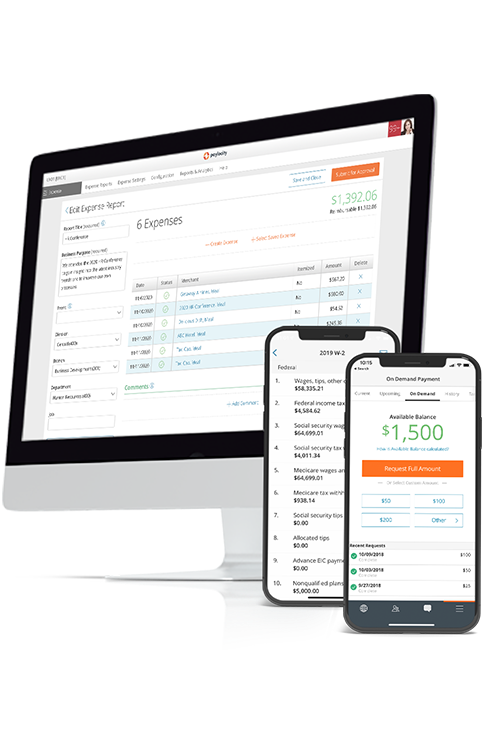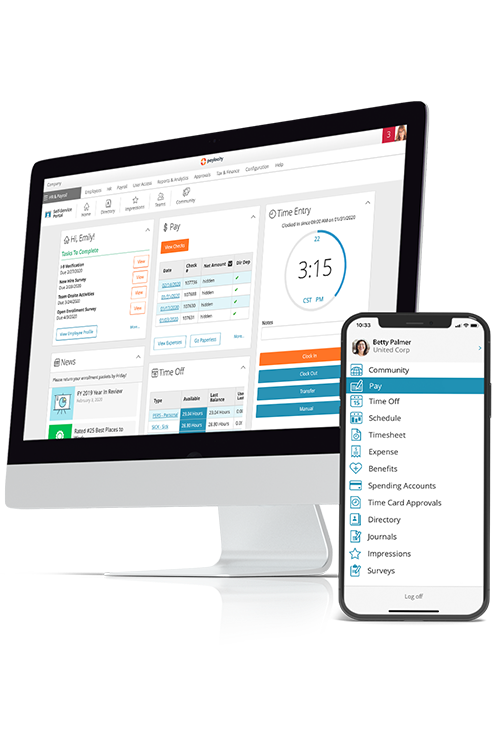Benefits and Drawbacks of Direct Deposit for Employees
Direct deposit is great for your business and your employees, but there can be some drawbacks. Let’s start by looking at the abundant pros.
Benefits of Direct Deposit
1. Convenience
Before direct deposit, all employees had to physically receive their paychecks and take them to the bank to deposit. Checks can be lost or stolen, and it takes time for them to clear after they've been handed over to the bank.
With direct deposit, employees can rest easy, knowing their pay will be safely deposited in their account as soon as it's issued.
2. Security
Direct deposits are encrypted digital signals that can't be lost or stolen in transit. Even if a hacker intercepted the signal from the payment provider to the bank, they couldn't read information like bank account numbers or payment figures.
Direct deposit can also increase security inside your company. With the right payroll system, measures like multi-factor authentication protect your company's finances from unauthorized access or tampering. This also protects employee privacy, since personal information isn't printed on a paper check for all to see.
3. Automation
With automated paychecks, you don't have to spend time printing, signing, distributing, and reconciling paper checks. All the little jobs like handling envelopes, postage, or other manual chores are eliminated.
4. Employee experience
Direct deposit is more than just a way to get paid. It's also a way to give employees more choices and control over their finances, which provides a better overall employee experience.
- It supports multiple accounts: Employees can have one payment go into multiple bank accounts without you having to cut separate checks. They can arrange for most of their paycheck to go to their checking account while putting some of it away in their savings or investment account. This gives them much greater control of their finances for much less effort, and it wouldn't be possible without direct deposit.
- Remote and hybrid work: With no physical checks, employees don't have to worry about being in the office to collect their wages. Putting everyone on a direct deposit makes it easier to hire remotely, giving you many more options for filling new roles.
Disadvantages of Direct Deposit
The advantages of direct deposit make it an obvious solution for most businesses and employees. But there are a few factors to consider when making the switch.
1. Can't stop payments
A physical check can be stopped or voided. Once your direct deposit payments are gone, they're gone. This is why it's extra important to check everything is set up correctly the first time.
2. Employees need to start over when changing banks
If an employee moves to another bank, you'll have to set up direct deposit for them all over again. It's a routine transaction, though, so as long as they communicate the change ahead of time, there shouldn’t be an issue.
And with all-in-one HR and Payroll software with an Employee self-service portal, employees can update this information themselves!
3. Costs and fees
Direct deposit is much cheaper in the long run, but businesses will likely pay setup fees in the beginning, ranging from $50 to $149 on average. Some banks also charge monthly or per-pay-cycle fees.
You should also expect to see a small transaction fee ($1.50-$1.90 on average) for each employee payment deposited.





